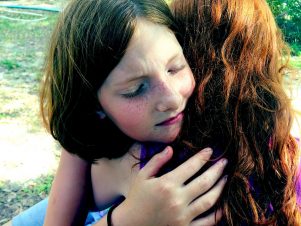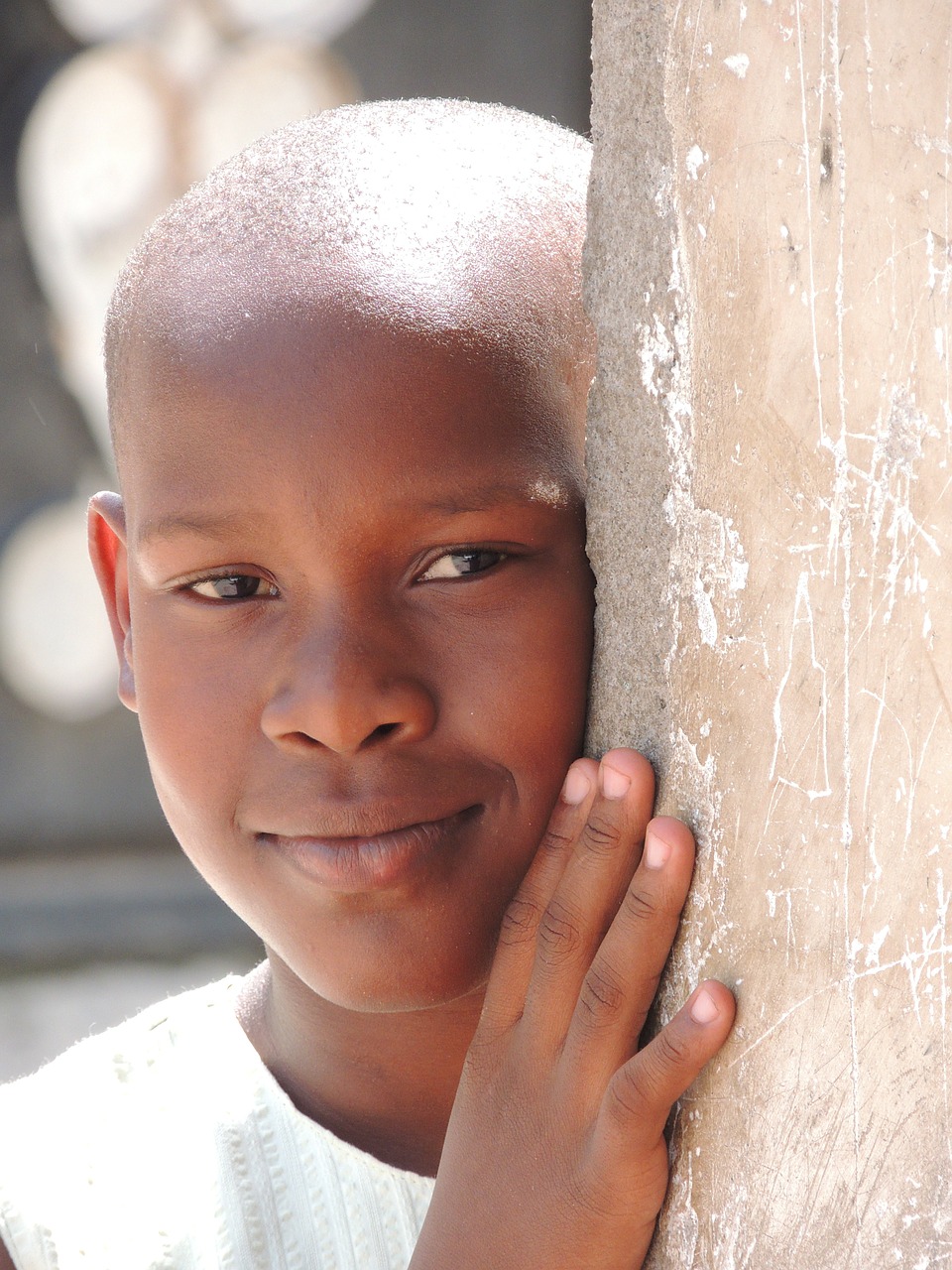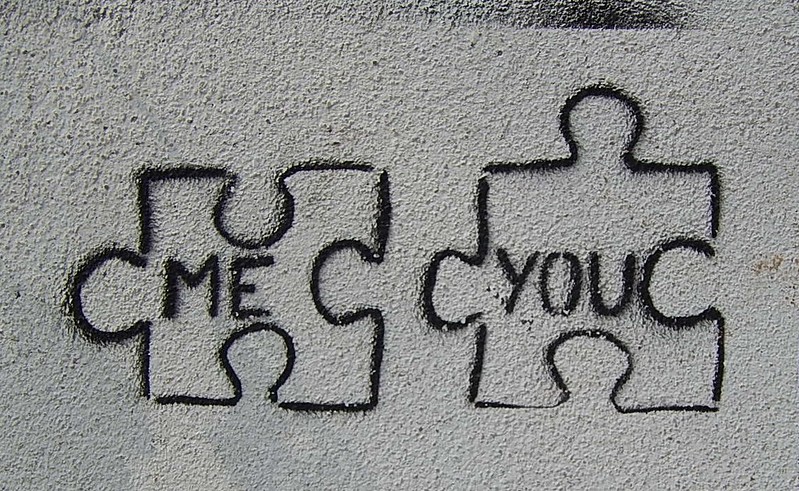Altruism Exists, and We Need to Cultivate it
Article By Sabine Leitner
 There are two quotes from the book Altruism – the Science and Psychology of Kindness by Matthieu Ricard that sum up what is wrong with our world. “To change what we do because something is going to happen in one hundred years is, I would say, profoundly weird.” This was a comment made by the American magnate Stephen Forbes on Fox News regarding the rising levels of the oceans. And the head of the largest meat company in the US expressed the same kind of egocentric attitude even more openly: “What matters is we sell our meat. What will happen in fifty years is none of our business.”
There are two quotes from the book Altruism – the Science and Psychology of Kindness by Matthieu Ricard that sum up what is wrong with our world. “To change what we do because something is going to happen in one hundred years is, I would say, profoundly weird.” This was a comment made by the American magnate Stephen Forbes on Fox News regarding the rising levels of the oceans. And the head of the largest meat company in the US expressed the same kind of egocentric attitude even more openly: “What matters is we sell our meat. What will happen in fifty years is none of our business.”
Both statements are examples of the widespread thinking of Homo Economicus – the individualistic, self-interested, so-called rational person – and a result of more than 200 years of promoting individualism as a philosophical, moral, social and political stance. The philosophy of individualism holds that the needs of each person are more important than the needs of the whole society or group. It strives for freedom from any kind of obligations imposed by religious, social, or governmental institutions and demands that the individual has the right to promote their own interests, without having to take the interests of society into consideration.
Individualism goes hand in hand with the belief that all our deeds, words and thoughts are motivated by selfishness. This view has become a kind of dogma, to the extent that a selfish motivation is attributed even to the most altruistic actions. Many scientists, psychologists and philosophers have argued that there is no such thing as pure altruism.
However, there is no doubt that most people do care about the wellbeing of future generations and do not want to leave a polluted, impoverished planet to those who come after us. There is also no doubt that throughout history, human beings have displayed an incredible ability for cooperation, goodness, benevolence, a willingness to contribute to the common good at their own cost, empathy, compassion and selflessness to the point of complete self-sacrifice.
Contrary to what the relentless onslaught of shocking news often presented in media headlines seems to suggest, many studies show that when a natural catastrophe or some other kind of tragedy occurs, mutual aid is more the rule than everyone-for-themselves, sharing more common than pillaging, calm more than panic, caring more than indifference, courage more than cowardice.
Even 1.8 million years ago we demonstrated the ability to care for each other as the discovery of a hominid skull at the Dmanisi site in Georgia demonstrates: the skull had only one canine tooth, having lost the other teeth very early. However, the man managed to live till the age of 45 and it is clear that in order to survive that long, the group must have taken care of him and others must have chewed his food. There really is no doubt that we have a natural and innate potential for kindness.
There are also countless examples of empathy, cooperation and self-sacrifice amongst animals: a tortoise turning other upended turtles back on their feet, a monkey rescuing his electrocuted friend, dolphins protecting humans from sharks, baboons rescuing an antelope from a leopard, a sparrow reanimating an unconscious fellow sparrow – just go on the internet and see the dozens of examples for yourself.
The point is not whether the existence of altruism can be proven beyond any doubt or not. Intention is by its nature impossible to prove how can one ‘prove’ that someone acted without any selfish intentions? The real point is that we humans can choose whether we want to act in a selfish or in an unselfish way. We all have the choice to only think of ourselves or of others as well. As Martin Luther King put it: “Every man must decide whether he will walk in the light of creative altruism or in the darkness of destructive selfishness.”
Selfishness is at the heart of most of the problems we face today. Only our willingness to act with responsibility and consideration for the interests of ‘the other’ or ‘the whole’ will enable us to solve these problems. To cultivate our innate potential for altruism has become a necessity.
Image Credits: By Markzfilter | Pixabay | CC BY PD
The entity posting this article assumes the responsibility that images used in this article have the requisite permissionsImage References
By markzfilter | Pixabay | CC BY PD
Permissions required for the publishing of this article have been obtained




What do you think?